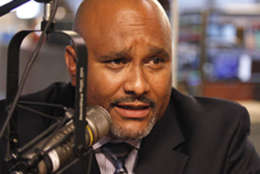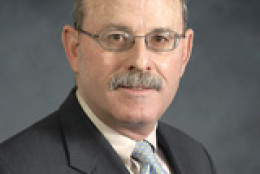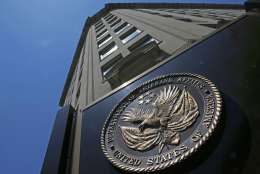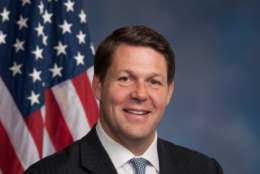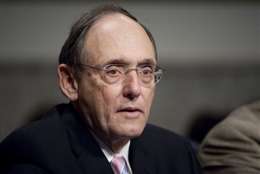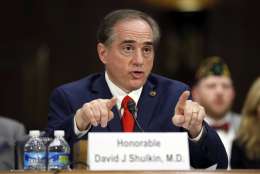Veterans Affairs
-
On this edition of Columbia Technology Partner's Ready to Prime, Allen Scott discusses the contracting landscape with two people who know it very well.
March 31, 2017 -
The Office of Personnel Management recently released a long-awaited report on official time for fiscal 2014. It found agencies used slightly more official time that year than fiscal 2012, the last time OPM completed a governmentwide report on the topic. The report's release comes as Congress looks to limit federal employees' official time use.
March 27, 2017 -
Veterans groups want a 10 percent overall budget increase for VA, more staffing and updated facilities to meet today's healthcare needs.
March 24, 2017 -
The Veterans Affairs Department, Congress and Government Accountability Office all agree: an outdated and inflexible hiring process and serious shortcomings with the department's human resources functions are prohibiting the agency from quickly filling at least 45,000 open health care positions.
March 22, 2017 -
A new bill that would limit how much time doctors, nurses and other employees at the Veterans Affairs Department could spend on union business has support now from VA itself. The department said having its employees spend 100 percent of their hours on official time is "necessary, reasonable and in the public's best interest."
March 22, 2017 -
Employees who handle veterans benefits claims and the disability claims backlog, as well as some cybersecurity professionals, are among the Veterans Affairs Department's additional hiring freeze exemptions. VA Secretary David Shulkin announced more exemptions in a March 13 memo to staff.
March 20, 2017 -
Although the Veterans Affairs Department handed over a dozen large construction projects to the Army Corps of Engineers, VA is still responsible for certain management functions, like knowing when a project will be finished and for how much. David Wise, director of physical infrastructure issues at the Government Accountability Office, shares some insight on Federal Drive with Tom Temin.
March 17, 2017 -
The Government Accountability Office is questioning whether the right people, skills and leadership were devoted to the Veterans Affairs Department's past efforts to remove VA healthcare from the High-Risk List. But current VA leadership insisted it's paying attention and asked for patience as it continues to transform the department.
March 15, 2017 -
For the Veterans Affairs Department, low morale and difficulty attracting talent are two of the challenges keeping it on the Government Accountability Office's high-risk list. Margot Conrad, director of education and outreach at the Partnership for Public Service, offers her take on Federal Drive with Tom Temin.
March 15, 2017 -
Gail Wilensky, a former federal health official and senior fellow at Project Hope, has been part of the oversight of reforms at the Veterans Affairs Department. She joins Federal Drive with Tom Temin with an update on reform.
March 13, 2017 -
Official time has been a hot topic for House lawmakers this week. A new bill would limit official time for all employees at the Veterans Affairs Department and would set special limits for doctors and other workers involved in direct patient care.
March 10, 2017 -
If the 114th Congress was about dissecting the Veterans Affairs Department's challenges, then the 115th Congress will act quickly to solve them, leadership on the House Veterans Affairs Committee said.
March 09, 2017 -
Some advocates of the House Veterans Affairs Committee's new employee accountability bill say it's different enough from previous attempts to tackle this issue and should assuage past concerns. But others fear the legislation revives familiar worries.
March 03, 2017 -
A recent GAO investigation found that at a number of VHA facilities, lack of knowledge, skill and personnel in the human resources offices is hampering the administration in achieving its medical mission.
March 03, 2017 -
An extension and then redesign of the Veterans Choice Program, along with new employee accountability legislation, are top priorities for new Veterans Affairs Secretary David Shulkin. He said he's working with Congress on new legislation to support those initiatives.
February 28, 2017

